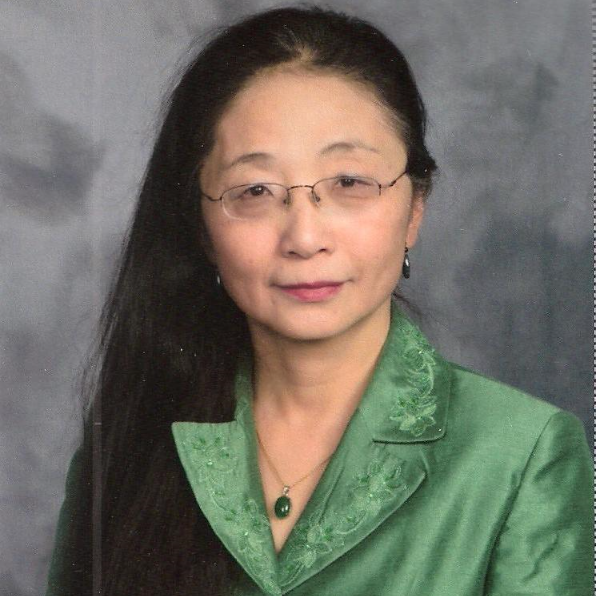Students in Professor Gaurav Pathania’s “Sociology of Health” class at Eastern Mennonite University recently learned about research into discrimination related to COVID-19 targeted at Asian Americans.
Professor Wei Li, an urban geographer from Arizona State University, delivered the guest lecture with doctoral students, Siquiao Xie and Yining Tan. They shared the findings from their latest study: “Vulnerability, Infection, and Anti- Discrimination among Asian Americans and COVID-19: Explorations into Race and Health Intersections in California.”

The study highlights how, in the past year, hate crimes against Asians and Asian-Americans have risen exponentially, in part because of widely used harmful and inaccurate rhetoric blaming Asians for the spread of COVID-19. The data shows that more than 3,700 anti-Asian hate incidents in the U.S. were reported between March 2020 and February 2021. Phoenix alone reported that anti-Asian hate crimes rose by 50%.
The research team interviewed and surveyed Asian and Asian-Americans in three key constituent groups: minority nurses, college students and metro Phoenix community leaders, to better understand how individuals have been impacted by COVID-19 while simultaneously fighting stereotypes and negative stigmas within their daily lives. The study questions the existing Social Vulnerability Index of the Centers for Disease Control and Prevention (CDC) and offers suggestions to revise the index.
Li concluded her talk with optimism that the future offers ways to better understand each other’s experiences to bring about more awareness to all ethnic identities and their social vulnerabilities.
Li is associated with the School of Social Transformation, School of Geographical Sciences and Urban Planning and her research centers on urban ethnicity and ethnic geography and highly-skilled international migration and transnational connections, focusing on Chinese and other Asian groups in the Pacific Rim. In her major study on suburban Asian settlements, she coined the term, “ethnoburb,“ and her book, Ethnoburb: The New Ethnic Community in Urban America won the 2009 Book Award in Social Sciences by the Association for Asian American Studies.
Li was appointed to three terms as a member of the U.S. Census Bureau’s Race and Ethnic Advisory Committees (REAC) on the Asian Population by the U.S. Secretary of Commerce, served as its elected chair (2010-12) and vice chair annually (2004-09), and was one the inaugural members of the Bureau’s new National Advisory Committee of Race, Ethnic, and Other Populations. She serves as the Fulbright Visiting Research Chair in Ethnicity and Multicultural Citizenship in Queen’s University, Canada (2006-07) and a Senior Fulbright Scholar to India (2016-2017); a member of the inaugural class of the National Asia Research Associates with the National Bureau of Asian Research and Woodrow Wilson International Center for Scholars (2010-11); and the Rockefeller Foundation Bellagio Writing Residency (2014). She is a member of the International Steering Committee of the International Metropolis Project, and the North American director for the International Society of Studying Chinese Overseas.
